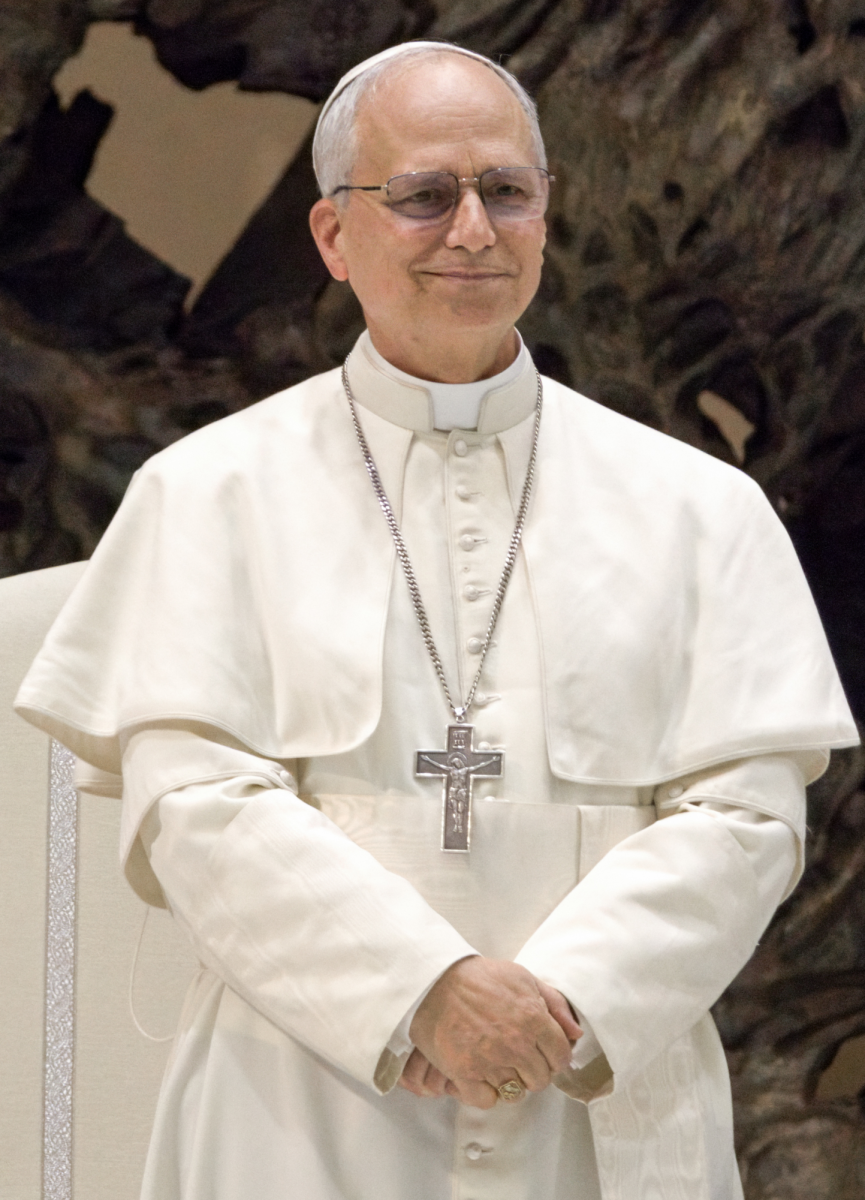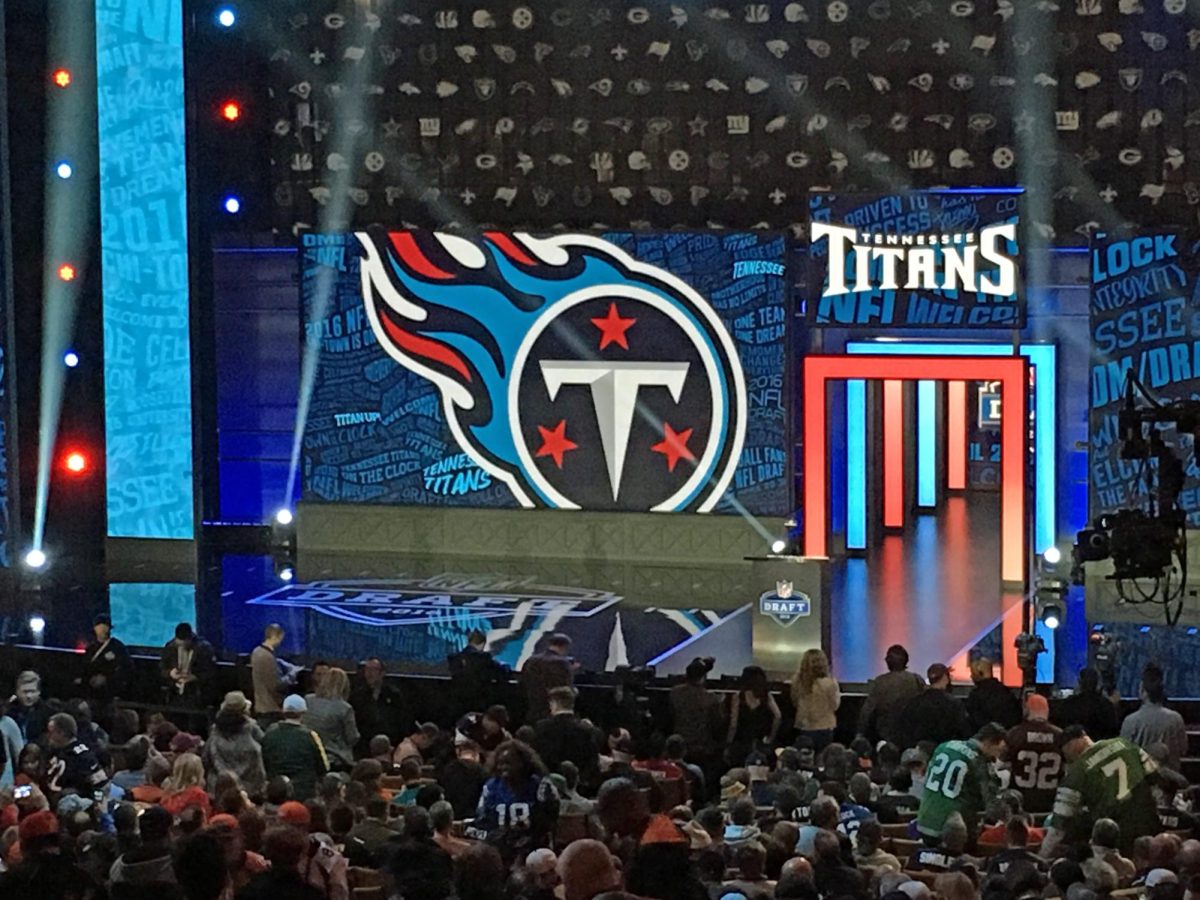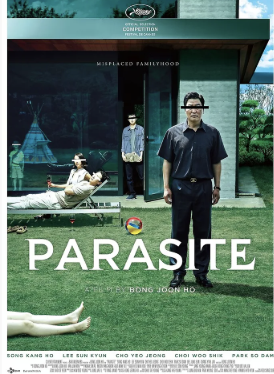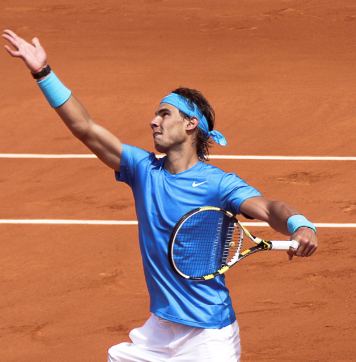The Brilliance of Black Panther
March 23, 2018
***Spoiler Warning***
Black Panther is not your average superhero flick. Featuring a mostly African-American cast and director, Marvel’s eighteenth film raises the bar for all future Marvel movies. Packed with its fair share of humor and thrilling action, the movie delves into some of our country’s most pressing social issues and challenges the viewer to confront them.
The movie centers on T’Challa (played by Chadwick Boseman), the current holder of the Black Panther mantle. As the Black Panther, T’Challa wears a special, bulletproof suit with panther claws and is the protector of Wakanda, a fictional African nation. In Captain America: Civil War, T’Challa’s father T’Chaka was killed in the bombing of the United Nations. Thus, in the beginning of the movie, T’Challa must return home and take his rightful place as King of Wakanda which is blessed with an abundance of the rarest and strongest metal on the planet: vibranium. Using this key natural resource, Wakanda has developed extraordinary technology, all while maintaining the appearance of an agrarian, third-world country.
Just as T’Challa begins his reign, a mysterious visitor, Erik “Killmonger” Stevens (Michael B. Jordan), arrives with the body of a wanted Wakandan criminal. Revealed to be the long-lost son of T’Chaka’s brother and T’Challa’s cousin, Killmonger challenges T’Challa to duel to the death for the throne. After a gripping and emotional fight, Killmonger seemingly kills T’Challa, throwing him over a waterfall. Now as king, Killmonger prepares Wakanda for war and orders the shipment of advanced weapons to people of African descent all around the world in order to overthrow their oppressors. Luckily, T’Challa survives and returns just in time to stop Killmonger. The movie ends with T’Challa addressing the UN, where he vows to bring Wakanda out of isolationism and to use Wakanda’s superior technology to help the rest of the world.
Personally, I was blown away by Black Panther‘s cinematography and music. Although this was only director Ryan Coogler’s third feature film, he artfully crafts beautiful and well-executed action sequences. With the help of American rapper Kendrick Lamar, these two elements combine to form an enjoyable movie from start to finish. One of the most powerful scenes in the movie is when Killmonger and T’Challa stand at the top of mountain and gaze out into the sunset. Killmonger is mortally wounded and wants to see the sunset over Wakanda, something he’s wanted to see ever since he was a child. Such an amazing scene gives Killmonger’s death tremendous weight.
Another reason why the movie was so great is that Killmonger, the supposed villain, is far more complex than the stereotypical “destroy the world” villain. Growing up fatherless in the streets of Oakland, he witnesses firsthand the plight of oppressed black people. He therefore seeks to help black people all over the world take revenge on their oppressors. However, the ends do not justify the means. To the viewers, Killmonger is sympathetic in his motives, but questionable in his methods, thereby creating a certain depth to the “antagonist” never before seen in a Marvel film. I believe Coogler did a wonderful job of juxtaposing Killmonger’s and T’Challa’s moral philosophies. Unlike Killmonger, T’Challa emphasizes we are all “one-tribe” and thus we must overcome our differences and work together for a better future.

Rating: 9.5/10























